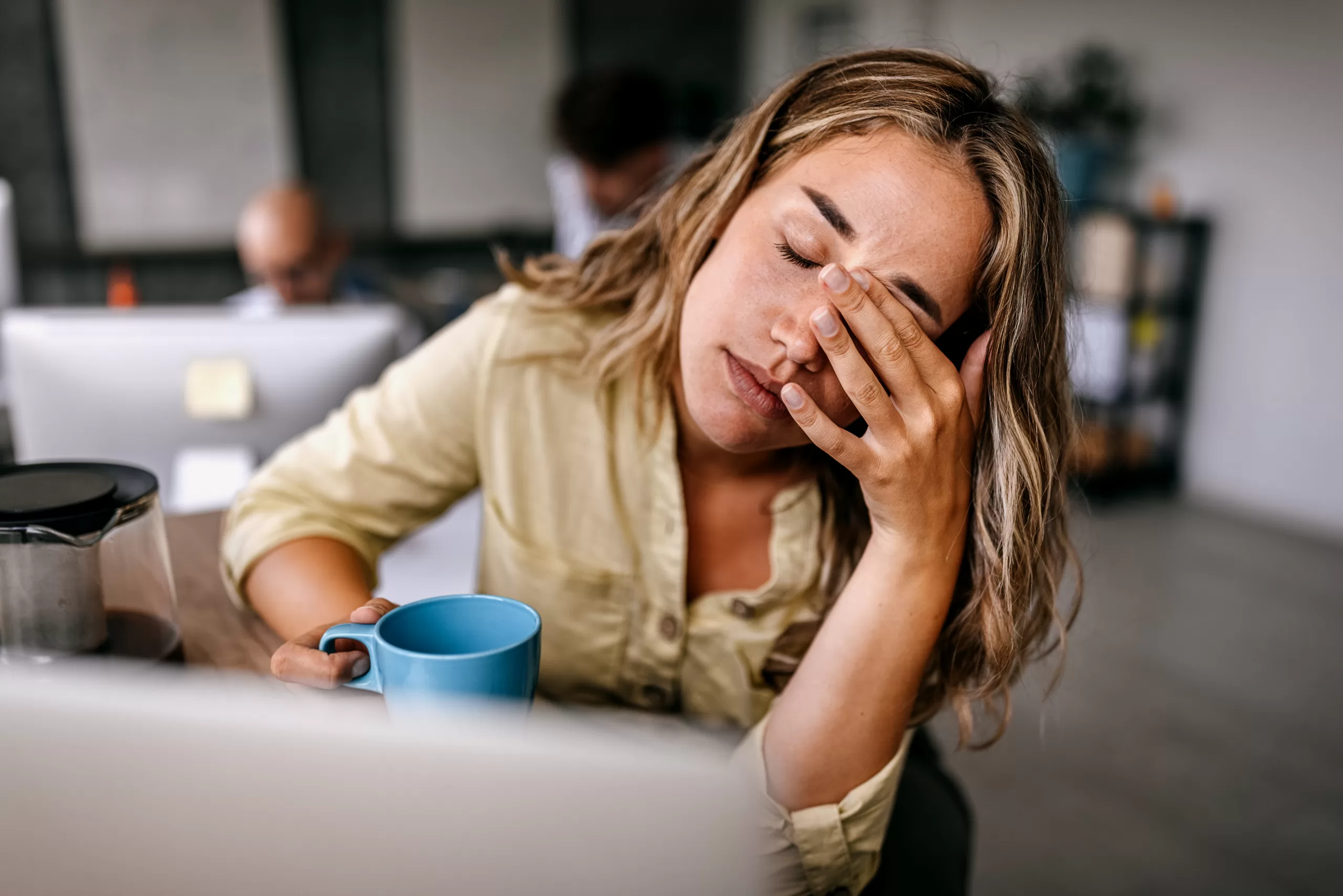While staying active and eating healthily can be useful tools to achieve this, scientists say that protecting your sleep might hold the key to feeling young.
A new study found that getting seven to nine hours of shuteye a night can make you feel years younger.
Meanwhile, lack of sleep can leave you feeling a decade older, researchers at Stockholm University discovered.
Feeling younger isn’t just a matter of perception.
Studies have found that feeling youthful is actually related to better health outcomes.
Feeling younger than your actual age is associated with a longer, healthier lifespan and having a younger brain.
Leonie Balter, researcher at the Department of Psychology at Stockholm University, explained: “Given that sleep is essential for brain function and overall well-being, we decided to test whether sleep holds any secrets to preserving a youthful sense of age.”
“While previous literature has shown that feeling older is associated with worse sleep quality, our data indicate that sleep may be more important for subjective age than the other way around,” researchers wrote in the paper published to Proceedings of the Royal Society B: Biological Sciences.
Their findings showed that “sleep might hold the key to feeling young”, they added.
The researchers conducted two studies to test their theory that sleep can affect our perception of age and – as a result – our health.
In the first study, 429 individuals aged 18 to 70 were asked how old they felt, how many nights of bad sleep they’d gotten in the past month, and how sleepy they felt.
Those who’d had full nights of sleep over the previous month on average felt 5.8 years younger than their actual age.
Meanwhile, each night of insufficient sleep made participants feel 0.23 years older on average.
Next, researchers honed in on whether lack of sleep was causing participants to feel older.
They observed how 186 participants aged 18 to 46 handled only four hours of sleep for two nights.
After having their sleep restricted, participants were then allowed to sleep for nine hours the following two nights.
After two consecutive nights with too little sleep participants felt on average 4.4 years older, compared to when they enjoyed sufficient sleep.
Feelings of sleepiness and alertness seemed to be closely tied to perceptions of age.
Participants who were extremely alert felt about four years younger than their actual age, while those who were extremely sleepy typically felt six years older than their age.
“The findings revealed that insufficient sleep and sleepiness led people to feel older than their actual age and support that a good night’s sleep is central for feeling younger than one’s actual age,” scientists explained.
“The analyses also showed that the importance of sleep for subjective age increases with older age,” they went on.
Meanwhile, Ms Balter said the findings showed that “that going from feeling alert to sleepy added a striking 10 years to how old one felt”.
She said this presented clear implications for our daily lives.
“Safeguarding our sleep is crucial for maintaining a youthful feeling,” Ms Balter stated.
“This, in turn, may promote a more active lifestyle and encourage behaviours that promote health, as both feeling young and alert are important for our motivation to be active.”
Tips to fall asleep faster and sleep better
ASIDE from helping you feel younger, a good night’s sleep can boost your mood, reduce stress and help with anxiety.
If you’re having some trouble nodding off or sleeping through the night, here are some tips to help you:
- Establish a good sleep routine – set a time to wind down every night and go to sleep at a fixed time, even on weekends
- Build in time to relax before bed – put away your phone and laptop for an hour and try reading, listening to soft music or a podcast or meditating instead
- Write down what’s making your anxious or make a to-do list doe the next day to set your worries aside for the night and put your mind at rest
- Create a dark, quiet and cool haven to sleep in
- Don’t force it – if you’re lying awake, sit in a comfy spot and do something relaxing like reading a book or listening to quiet music
- Eat healthily and exercise regularly to improve your sleep – avoid large meals, caffeine or alcohol before bedtime
Source: NHS Better Health

